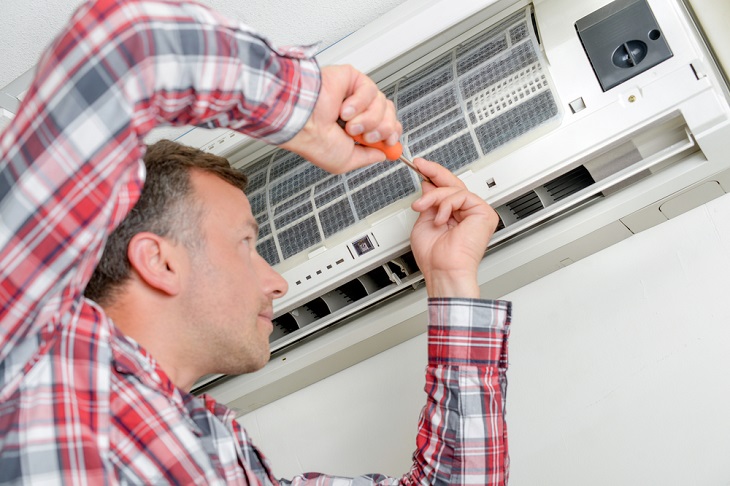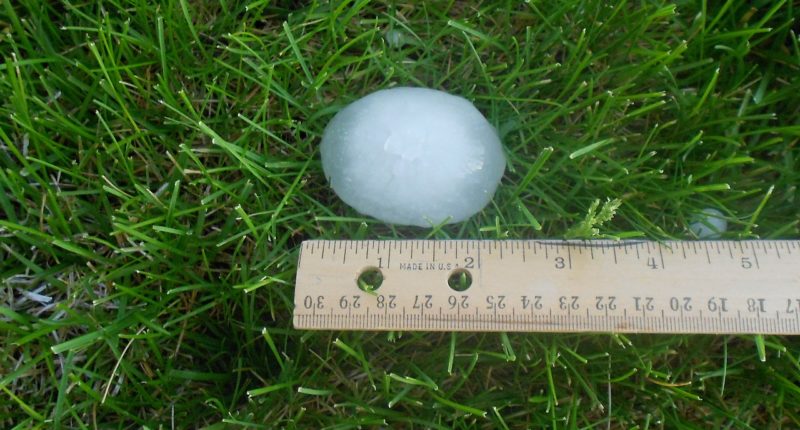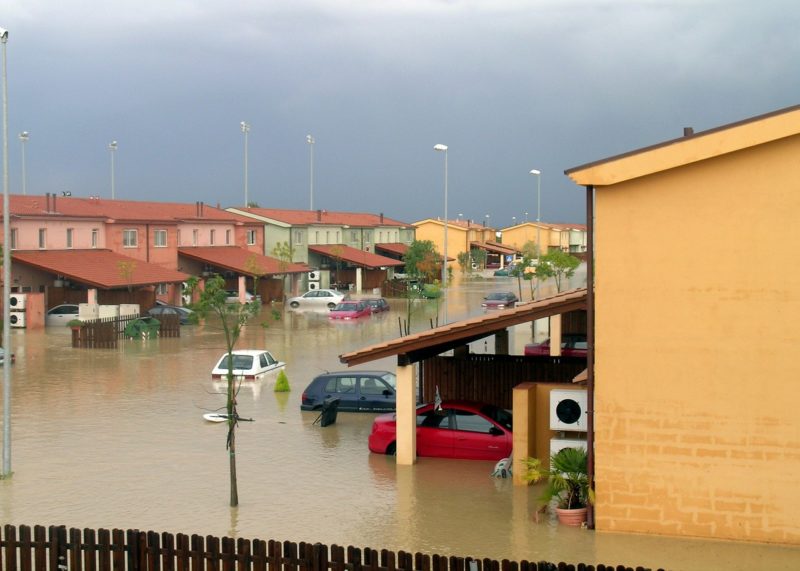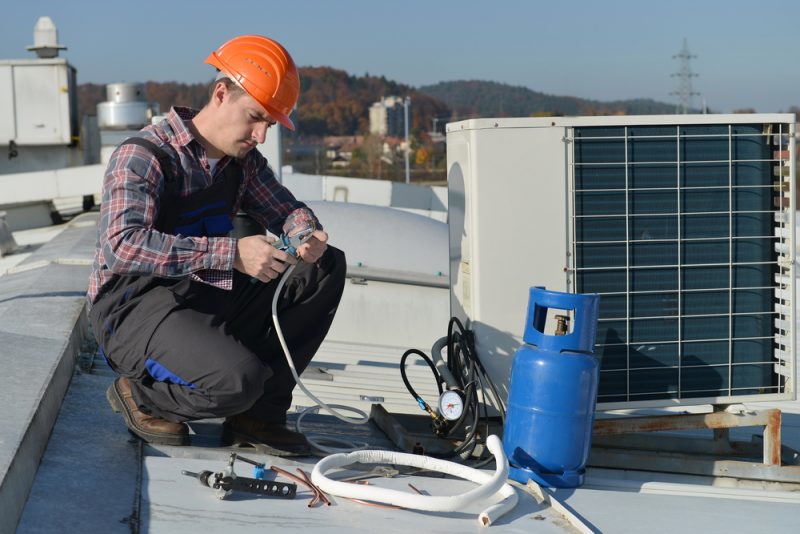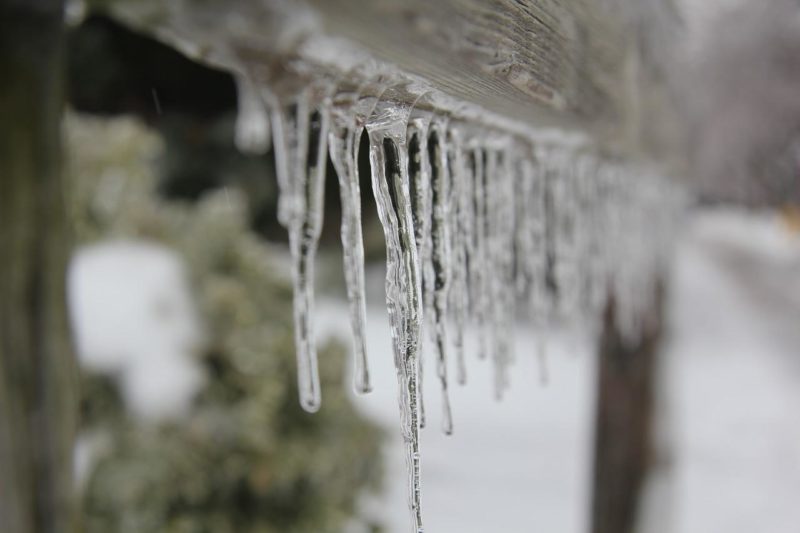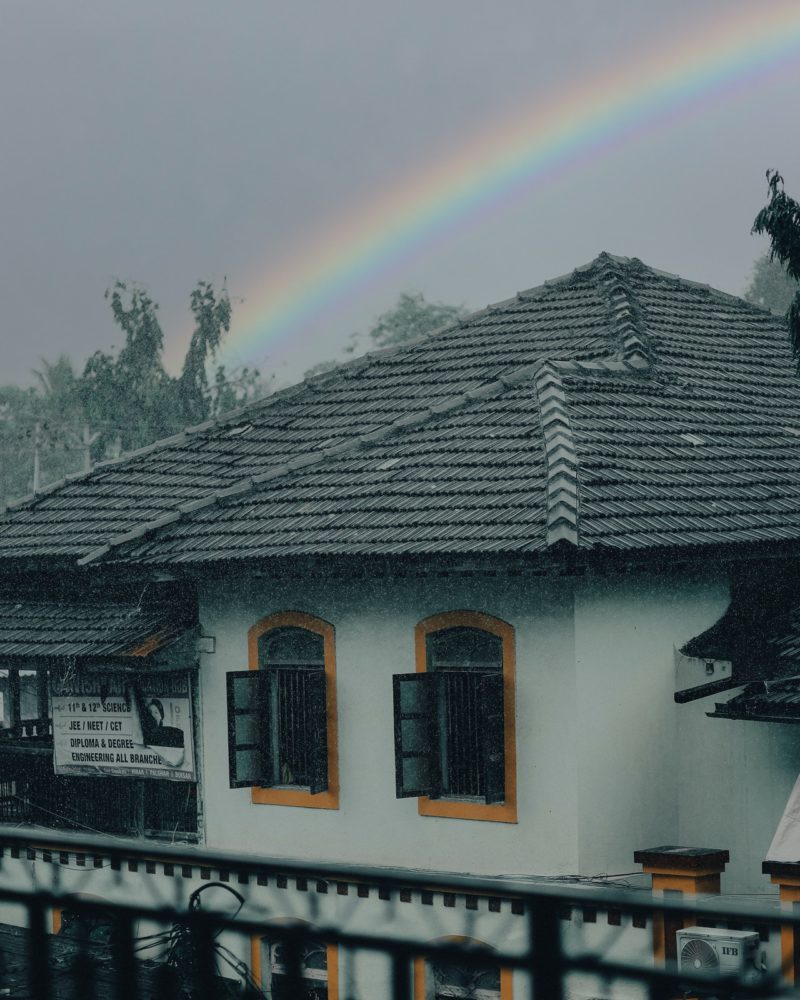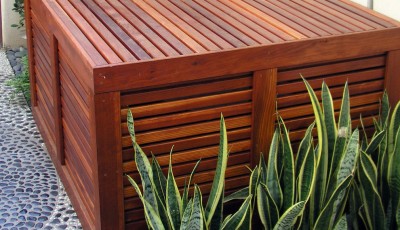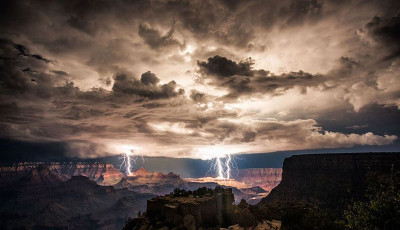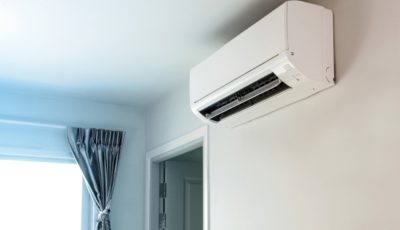How Severe Storms can Damage Your Home’s AC Unit
Storm season is one of the most dangerous times for coastal residents in the United States. In addition to posing a threat to people, severe storms can also wreak havoc on your home’s air conditioning unit. That’s why you must prepare your AC for storm season before conditions turn severe. It is not easy to prepare without knowing the danger. That’s why we’re going over some of the risks that severe storm poses to AC units.
The Motor on Your AC Can Burn Out From Running in a Storm
The motor is a sensitive part of the AC unit, and it’s the heart of your unit. It runs the other parts like your compressor, condenser, and evaporator. When running during a storm, strong winds will cause your fan to run at full speed, which can cause strain on the motor and you will end up with a storm-damaged ac unit. This strain can lead to overheating and eventually burning out parts within the motor itself or even stopping it from working altogether.
Hailstorms Can Cause a Severe Dent in the Surface Unit
Hailstorms are a common occurrence in the United States, ranging from the size of peas to baseballs. When hail strikes your AC unit, it can cause significant damage to the unit’s outer shell and internal components. In some cases, hail can cause severe denting or cracking of the surface unit’s metal casing. Denting or cracking may allow dirt particles and other contaminants to enter the system later; these contaminants will clog up airflow channels, causing overheating issues and ultimately leading to major malfunctions down the road.
Floods Storm Can Submerge the AC
When the weather is severe, flooding can occur and submerge the AC unit, causing it to short circuit and stop working. Flooding also causes corrosion of the components inside the system, which leads to rusting and corrosion that affect its functionality. Additionally, if there’s flooding due to heavy rain or snow melt, there may be a leakage in your home’s AC unit. Lastly, if there is enough rainfall during a storm that lasts for an extended period, there may be flooding around your home’s air conditioning equipment; this will cause it to freeze or overheat.
A Storm Can Cause a Refrigerant Leak
Refrigerant is a non-flammable gas used to cool the air inside your home’s air conditioner. It’s stored in a sealed system, generally under high pressure, so it doesn’t leak or escape into the atmosphere. However, when the pressure drops too low due to damage from severe weather or outside forces (like earthquakes), refrigerant can seep out of its system and leak onto your carpeting or floorboards, where you’ll find it later on as an oily stain.
Windstorms Can Blow Debris Into the AC Unit
If your AC unit is exposed to high winds, it’s possible that debris can be blown into the unit and cause damage. This can lead to a short circuit or even a fire. The most common items that could get sucked into an AC unit include:
- Dryer lint.
- Leaves, twigs, and other yard debris.
- Sand and silt from flooding
Ice Storms Can Build on the AC Unit
Ice can build up on the AC unit, causing it to freeze. The ice buildup can cause a power surge or even damage your compressor. The most common areas where ice can build up and cause a problem are:
- Condenser fins –. If any water or ice has built up on these fins, it could block airflow and prevent the unit from properly cooling your home.
- Evaporator coil – Water drip on this part can create freezing issues and rusting problems for your AC unit.
Rainstorms Can Cause Electrical Shorts
Water seeping into the wiring terminal on motors and compressors can cause electrical shorts. This can lead to the motor burning out, leading to the compressor burning out. If all these pieces are damaged, your air conditioner won’t work properly anymore. If you have experienced a severe storm before, it might have damaged your AC unit, so it is good to check the condition of your AC unit. You can browse here to discover various indications if a storm damaged your AC unit.
In conclusion, The best way to protect yourself from these storms is by making sure your HVAC system is in good condition before they start. Check the filters regularly to filter out dust particles during heavy wind gusts or rainwater during heavy rains. If possible, install a surge protector that cuts off power when there’s some electrical problem like voltage spikes caused by lightning strikes.

